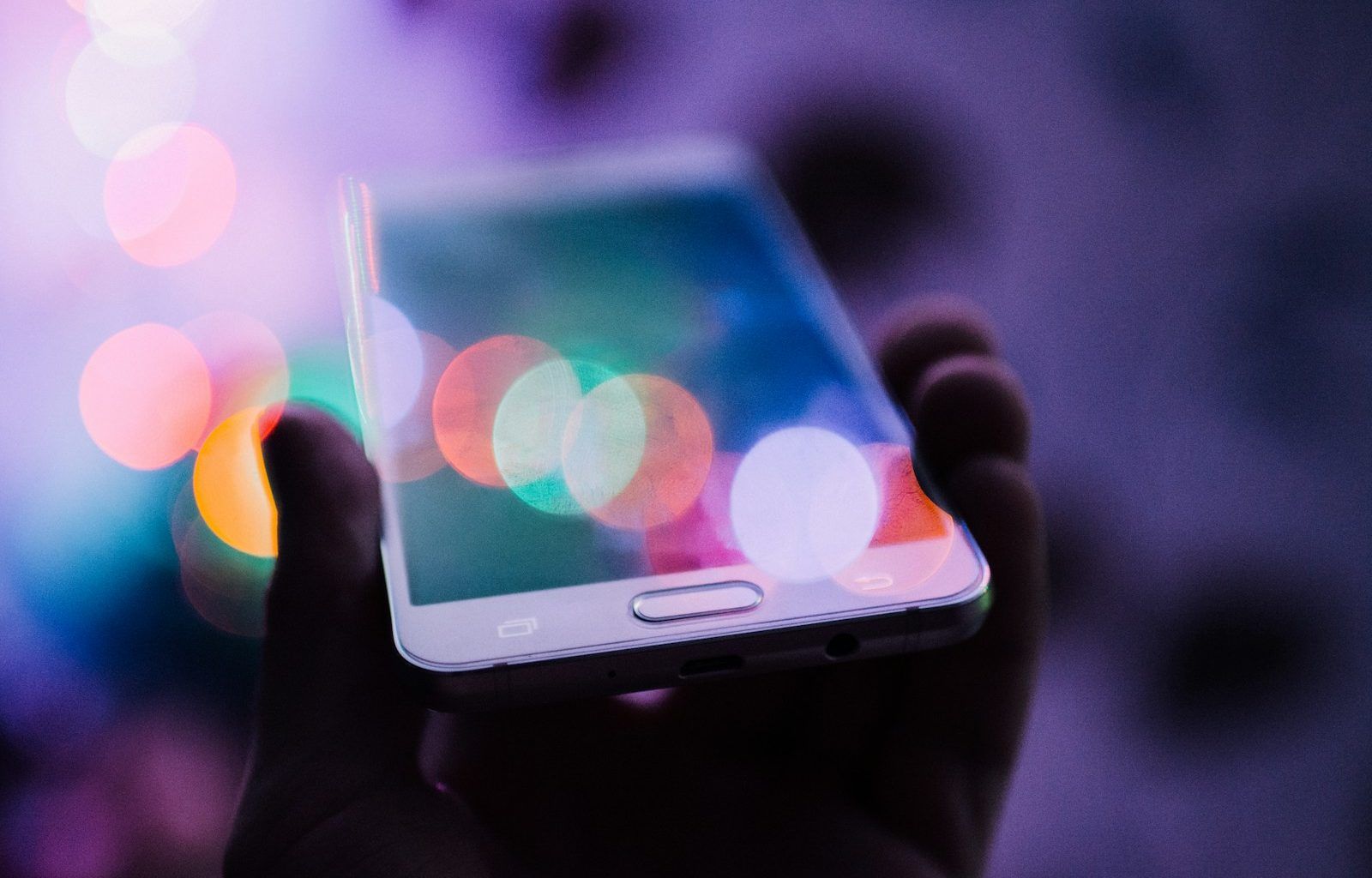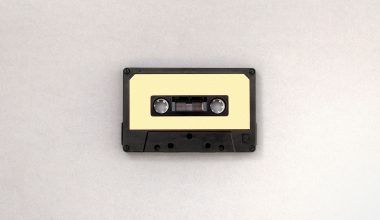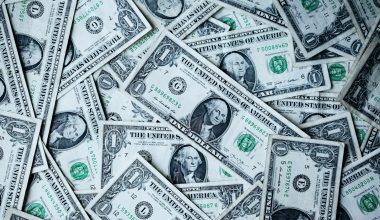The dream of earning money from your passion for music is now more achievable than ever. With digital stores dominating the music industry, artists have a golden opportunity to monetize their songs and turn creativity into consistent income. Whether you’re an independent artist or part of a label, understanding how to monetize your song on all digital stores can make a big difference in your career. In this guide, we’ll dive into the strategies, tools, and platforms that can help you start earning from your music.
Why Monetizing Your Music Matters
Monetizing your music isn’t just about earning money—it’s about giving your hard work the recognition it deserves. Streaming platforms and digital stores like Spotify, Apple Music, and Amazon Music have millions of active users daily. By making your music available on these platforms, you’re tapping into a global audience that’s eager to discover fresh talent. Plus, the revenue you generate can fuel your future projects, helping you invest in better production, marketing, and even tours.
Understanding Digital Stores
Digital stores are platforms where users can stream, download, or purchase music. Popular options include Spotify, Apple Music, Amazon Music, YouTube Music, and Tidal. Each platform operates on different models—some pay artists per stream, while others focus on direct sales or ads. Knowing how these platforms work will give you clarity on where your songs might perform best.
Steps to Monetize Your Song on All Digital Stores
1. Create High-Quality Music
Before you think about monetization, your song needs to be top-notch. Invest time in creating, recording, and producing music that resonates with your audience. A high-quality track will always perform better on digital stores.
2. Register Your Music Rights
One of the most important steps in earning money from your music is protecting your rights. Make sure you register your song with a performance rights organization (PRO) in your country. PROs like ASCAP, BMI, and PRS ensure you get paid when your music is played publicly.
3. Use a Digital Distribution Service
To get your music on digital stores, you’ll need a digital distributor. These platforms act as a bridge between you and the stores, ensuring your music is uploaded to all major platforms. Popular distributors include:
- Deliver My Tune
- CD Baby
- DistroKid
- Ditto Music
Choose a distributor that suits your budget and offers features like royalty tracking and promotional tools.
4. Set the Right Pricing
If you’re selling your music directly on stores like iTunes or Amazon Music, make sure to price it competitively. Research similar artists in your genre to find the sweet spot for your audience.
5. Optimize Your Metadata
Metadata includes the details about your song, such as title, artist name, album name, and genre. Accurate metadata ensures your music is easily discoverable. This step is critical for platforms to categorize and promote your track to the right listeners.
Monetizing your music doesn’t stop at uploading it to digital stores. You need to promote it actively. Use platforms like Instagram, TikTok, and YouTube to share snippets, behind-the-scenes clips, and live performances. Engaging content can drive traffic to your songs on digital stores.
7. Leverage Streaming Playlists
Getting featured on a playlist can significantly boost your streams. Platforms like Spotify allow independent artists to submit their songs for playlist consideration. Target playlists that align with your genre and mood for maximum reach.
8. Collaborate with Influencers
Influencers can give your song a wider audience. Partner with content creators who match your music style and have a strong following. For example, a TikTok influencer could create a viral dance trend using your track.
9. Track Your Royalties
Understanding how much you’re earning is essential. Use royalty tracking tools to analyze where your money is coming from. This helps you focus on platforms or strategies that bring the best results.
10. Explore Licensing Opportunities
Licensing your music for TV shows, movies, or commercials is another way to earn. Platforms like Songtradr and Musicbed can connect your songs with opportunities for sync licensing.
Common Challenges and How to Overcome Them
Low Earnings from Streaming
Streaming platforms often pay a fraction of a cent per stream, which can feel discouraging. To overcome this, focus on growing your fanbase and encouraging them to support you by buying your music or merchandise.
Competition on Digital Stores
With thousands of songs uploaded daily, standing out can be tough. Invest in your branding and storytelling to make a lasting impression.
Understanding Royalties
Royalties can be confusing, especially with multiple platforms involved. Work with a distributor that simplifies royalty collection and payment for you.
Tips to Maximize Your Earnings
- Release music consistently to keep your audience engaged.
- Offer exclusive content or early access to loyal fans through platforms like Patreon.
- Sell merchandise alongside your music to diversify your income.
- Host live streaming events or concerts and sell tickets online.
- Create alternate versions of your song, like acoustic or remix versions, to attract more listeners.
Real-Life Examples of Successful Monetization
Artists like Chance the Rapper and Billie Eilish started small but used digital platforms to grow their careers. By leveraging streaming services, they reached millions of listeners worldwide. Their stories prove that with the right strategy, independent artists can achieve success.
How Much Can You Earn?
Earnings vary based on the platform, the number of streams or downloads, and the royalty rate. On average, Spotify pays $0.003 to $0.005 per stream. While this might sound low, consistent streams from a growing audience can add up. Direct sales on platforms like iTunes can also bring in significant revenue, especially if you have a loyal fanbase.
The Future of Music Monetization
As technology evolves, so do opportunities for artists. Platforms like NFTs and blockchain-based music sales are changing how musicians monetize their work. Staying informed about these trends will keep you ahead of the curve.
Conclusion
Monetizing your song on all digital stores and earning money isn’t just a dream—it’s a reachable goal with the right approach. By understanding the platforms, protecting your rights, and actively promoting your music, you can build a sustainable career in the music industry. Remember, success takes time, but every step you take brings you closer to turning your passion into profit.
So, start your journey today. Upload your music, reach a global audience, and watch your efforts pay off!
For further reading, explore these related articles:
- Lil Nas X: A New Star in the Music Galaxy
- The Best Music Film Clips of All Time: A Journey Through Cinematic Masterpieces
- How to Check if a Song is Allowed on YouTube
For additional resources on music marketing and distribution, visit DMT Records Private Limited.






